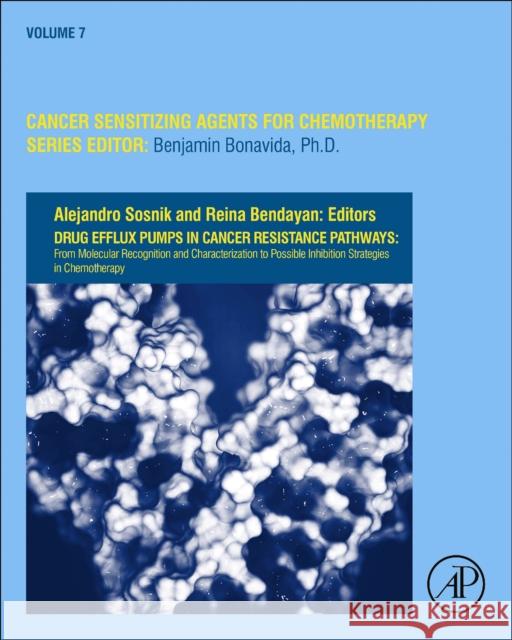Drug Efflux Pumps in Cancer Resistance Pathways: From Molecular Recognition and Characterization to Possible Inhibition Strategies in Chemotherapy: Vo » książka
topmenu
Drug Efflux Pumps in Cancer Resistance Pathways: From Molecular Recognition and Characterization to Possible Inhibition Strategies in Chemotherapy: Vo
ISBN-13: 9780128164341 / Angielski / Twarda / 2019 / 394 str.
Drug Efflux Pumps in Cancer Resistance Pathways: From Molecular Recognition and Characterization to Possible Inhibition Strategies in Chemotherapy: Vo
ISBN-13: 9780128164341 / Angielski / Twarda / 2019 / 394 str.
cena 661,20
(netto: 629,71 VAT: 5%)
Najniższa cena z 30 dni: 653,11
(netto: 629,71 VAT: 5%)
Najniższa cena z 30 dni: 653,11
Termin realizacji zamówienia:
ok. 16-18 dni roboczych.
ok. 16-18 dni roboczych.
Darmowa dostawa!
Kategorie:
Kategorie BISAC:
Wydawca:
Academic Press
Seria wydawnicza:
Język:
Angielski
ISBN-13:
9780128164341
Rok wydania:
2019
Numer serii:
000811848
Ilość stron:
394
Oprawa:
Twarda
Wolumenów:
01
Dodatkowe informacje:
Bibliografia











